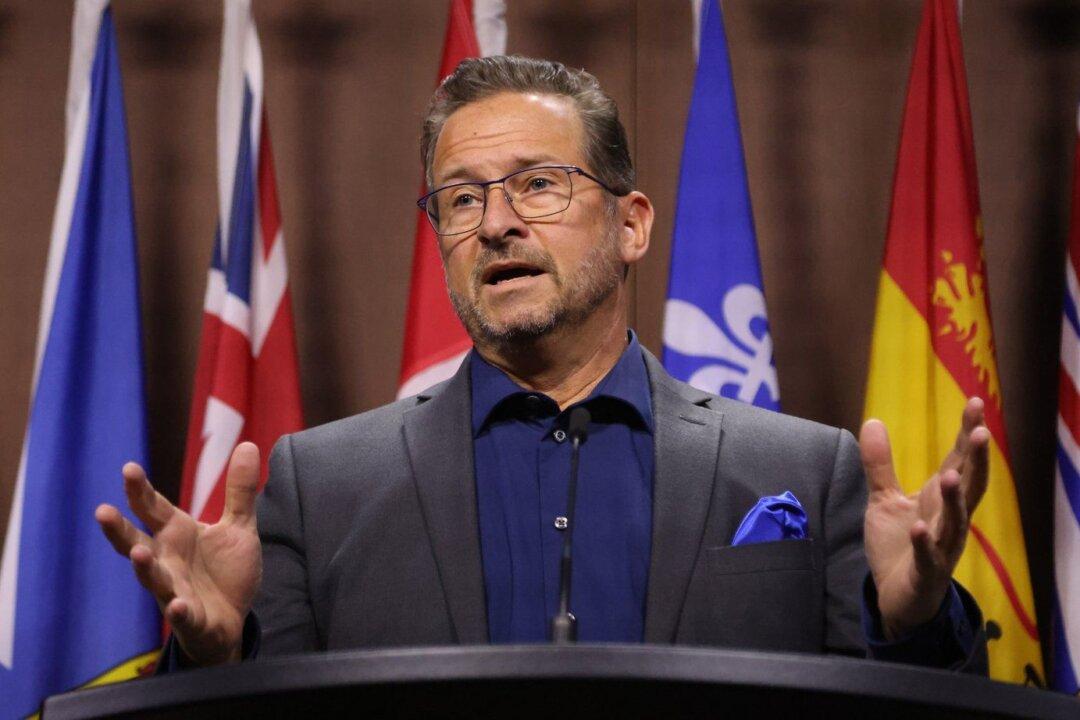The federal Conservatives joined the Bloc Québécois Monday to try and send a message to Prime Minister Justin Trudeau that it is up to the provinces to decide how to use the notwithstanding clause.
Bloc Leader Yves-François Blanchet brought forward a motion in the House of Commons calling on MPs to recognize that provinces have a “legitimate right” to use the clause, including pre-emptively.





